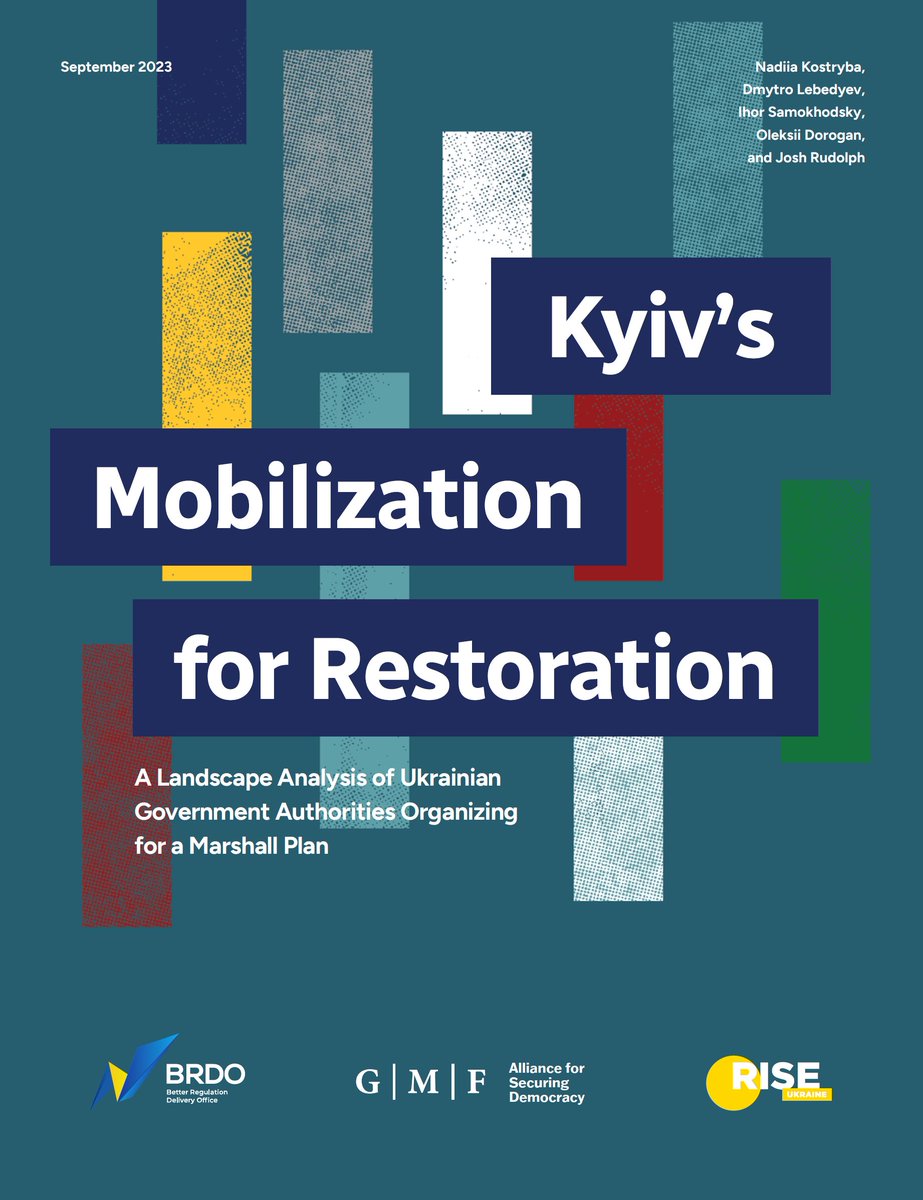Over the past 24 hours, I’ve been asked by journalists all over the world whether my research suggests their country might be among the two dozen countries where Russian money has infiltrated politics. Nowhere is this question coming up more than in Italy. reuters.com/world/europe/r…
The US intel assessment reportedly names countries included in my research, like Montenegro & Madagascar, plus some new ones, like Albania, Ecuador, & an unnamed Asian country (where the Russian ambassador gave millions in cash to a presidential candidate).washingtonpost.com/national-secur…
To see the 33 countries identified in my report on #CovertForeignMoney as having receiving political financing from Kremlin-linked actors, see where the red arrows point to in the map below. One of these target countries is Italy. 

For a refresher on how Matteo Salvini went to Moscow and secretly struck a deal to bankroll Lega’s 2019 European election campaign with discounted oil profits from Russia, see the case study below from my research on #CovertForeignMoney. Full report: securingdemocracy.gmfus.org/covert-foreign… 

Frontrunner Giorgia Meloni threatened to sue an Italian newspaper just for asking whether she had taken Russian money.
SLAPPing around the free press is the kind of behavior we expect from Russian oligarchs (or wannabes like @Arron_banks).
SLAPPing around the free press is the kind of behavior we expect from Russian oligarchs (or wannabes like @Arron_banks).

Other interests aside, helping elect a prime minister who threatens the media would strike me as advancing the Kremlin’s “covert campaign to weaken democratic systems,” to which “Moscow planned to spend hundreds of millions of dollars” in the months ahead.washingtonpost.com/national-secur…
As two examples of the strong interest from Italian media in the threat of Russian money, I appeared last night on @MarcoDamilan’s @CavalloTorre program on @RaiTre: raiplay.it/video/2022/09/…
And here’s a new story today by @PMastrolilli in @repubblica: repubblica.it/esteri/2022/09…
And here’s a new story today by @PMastrolilli in @repubblica: repubblica.it/esteri/2022/09…
And here’s my conversation with @StefanoVergine, the investigative journalist who broke the story about Salvini’s 2019 attempt to fund Lega with Kremlin-arranged oil money. ilfattoquotidiano.it/in-edicola/art…
• • •
Missing some Tweet in this thread? You can try to
force a refresh


















